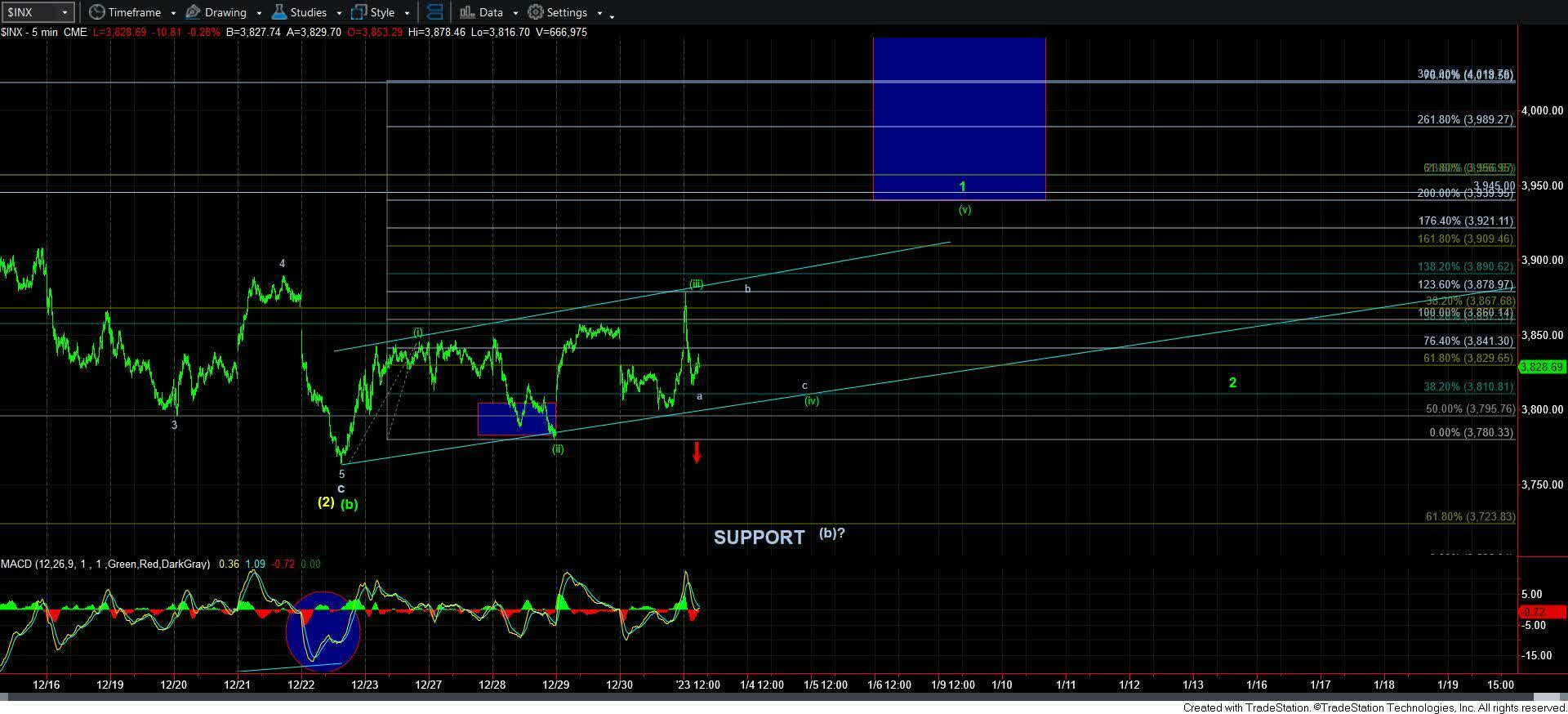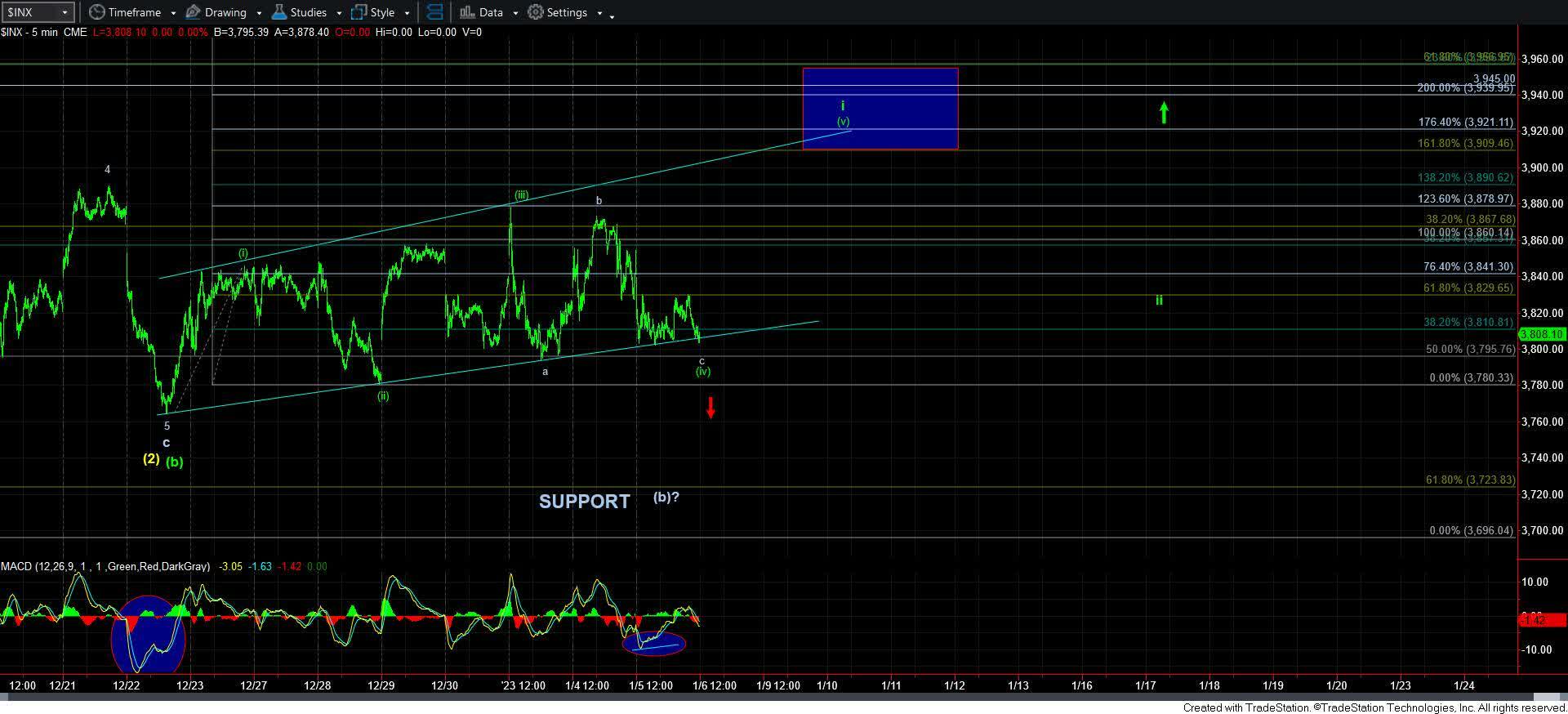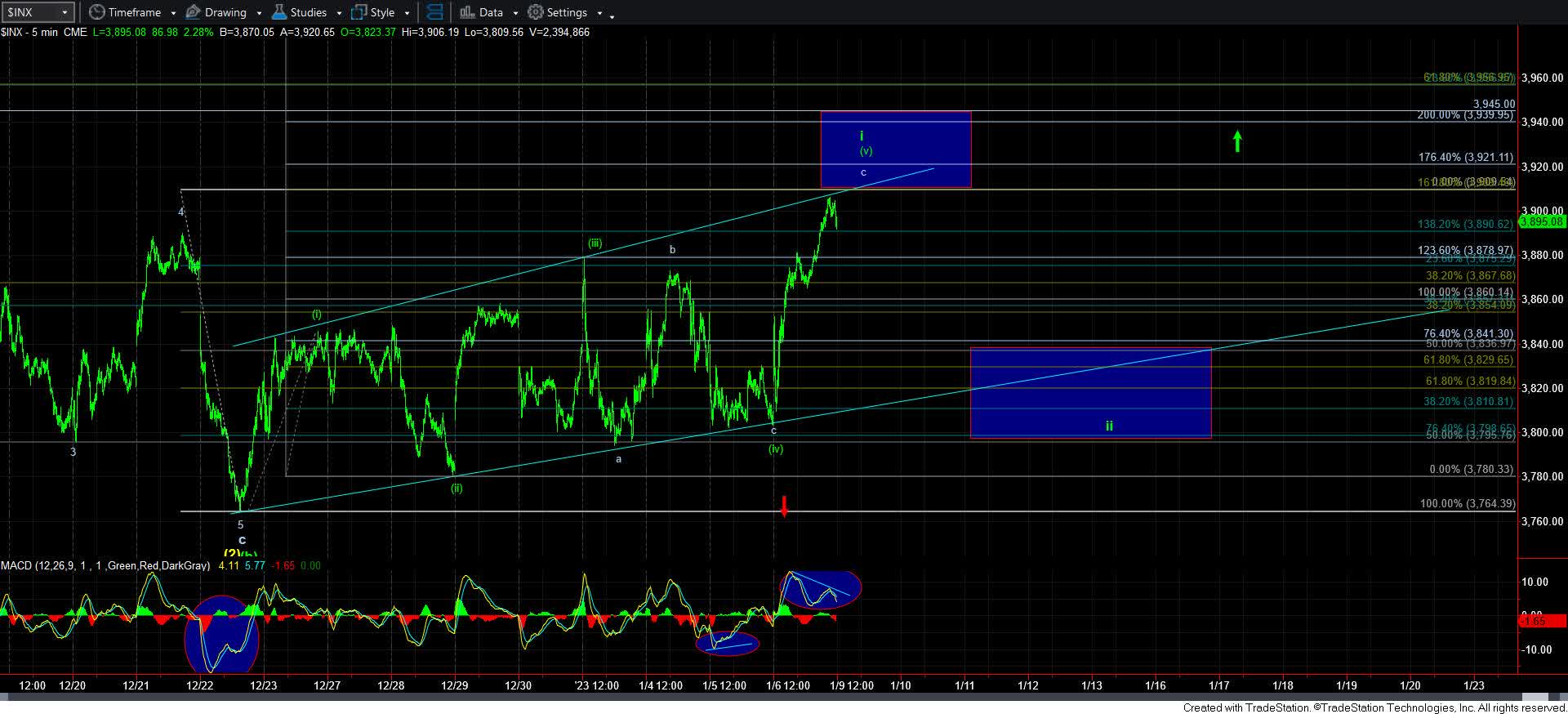A few weeks ago, I wrote an article outlining how the S&P 500 fooled investors twice based on recent economic reports:
Now, I want you to take a moment and think about the main highs and lows we have struck over the last two months. The low struck on Oct. 13 was a spike down and strong reversal which began a two-month rally after the publishing of a CPI report that was lower than expected, which took everyone by surprise when we ended that day hugely positive. Herein the market fooled you once.
And then we struck a high and reversed strongly on a day when the CPI was lower than expected, which took everyone by surprise when we ended that day with a huge reversal, which kick-started the decline I wanted to see to our support region below. Herein the market fooled you twice. So, as the saying goes, shame on you.
Week after week, I try to outline to investors and traders that, while the substance of a news event can certainly act as a catalyst for a market move, the substance of that report will not always provide you with the correct directional cue for the eventual move in the market.
The highs and lows struck in the last two months are perfect examples of this phenomena - we bottomed on a bearish report and topped on a bullish one. Yet, most will simply ignore what just happened and move on to the next set of data which they believe will move the market. But, if you are being honest with yourself, I think it’s time to consider that maybe what you are doing is not really going to help you going forward.
As one of my members commented this past week:
"I mean, bottoming on the worst inflation print and topping on the best... takes a lot of mental gymnastic to make that square without EWT"
This past week gave yet another surprise reaction to an economic report that seemed to fool most investors again. It seems many simply did not learn their lesson.
The jobs report showed that payrolls increased above expectations, and unemployment dropped below expectations. Such positive job numbers should have sent the market much lower if you follow the pundits. You see, positive job numbers would have investors believing that the Fed will continue to raise rates, pushing the stock market lower, at least based on their perspective.
Yet, the market rallied right to our target despite the report, which was supposed to send the market lower. And we were looking for a rally no matter what the jobs report said. If you look at the chart below, you will note that the market followed through on the path we laid out almost perfectly: 
And, as of the morning before the jobs report, our expectations were higher:

At the end of the day, we were almost at the target.

But, I am sure many will try to find reasons why the market went up based on something from the report. And, I am sure we will read the after-the-fact 'reasons' in the comments section below, which will provide us with convoluted reasoning akin to scratching your left ear with your right hand by going over the top of your head.
They need to come up with something to explain why the market went up instead of down, as most were expecting a downside reaction based on such a report. I was told that many other analysts were quite angry and frustrated that the market moved in the exact opposite direction they expected due to that jobs report.
Yet, I will repeat this quote from Robert Prechter in his book The Socionomic Theory of Finance as often as I need to do so for you to understand why the masses approach the market so wrongly:
“Observers’ job, as they see it, is simply to identify which external events caused whatever price changes occur. When news seems to coincide sensibly with market movement, they presume a causal relationship. When news doesn’t fit, they attempt to devise a cause-and-effect structure to make it fit. When they cannot even devise a plausible way to twist the news into justifying market action, they chalk up the market moves to “psychology,” which means that, despite a plethora of news and numerous inventive ways to interpret it, their imaginations aren’t prodigious enough to concoct a credible causal story.
Most of the time it is easy for observers to believe in news causality. Financial markets fluctuate constantly, and news comes out constantly, and sometimes the two elements coincide well enough to reinforce commentators’ mental bias towards mechanical cause and effect. When news and the market fail to coincide, they shrug and disregard the inconsistency. Those operating under the mechanics paradigm in finance never seem to see or care that these glaring anomalies exist.”
While news and economic reports can act as a catalyst for a market move, the substance of that news or economic report will not always be indicative of the direction of the market move. And the last three months have provided us with stark examples, as outlined above. So, if you have been trying to discern market moves based on these reports, you have likely been whipsawed many times over. But I can assure you that you have not been alone, as most analysts and market participants have been.
As for the coming week, we have resistance between 3921 and 3945SPX. And, as long as we hold resistance, I am looking for a pullback to the 3795-3830SPX region.
The bigger perspective suggests that, as long as we do not break that support, I am looking for us to continue to rally back up to the 4000-4100SPX region over the coming weeks. And, should the market continue higher, we will adjust our support higher as well. Moreover, this rally can set us up for a pullback from the 4000+ region, followed by a rally to 4300+ over the coming months.
For risk management purposes, if the market does not reach the 4000SPX region and then breaks down below 3780SPX instead, it opens the door to the 3600SPX region. For now, that is not my expectation. But these are the parameters we will be tracking over the coming week or two. We are certainly not out of the woods just yet.
